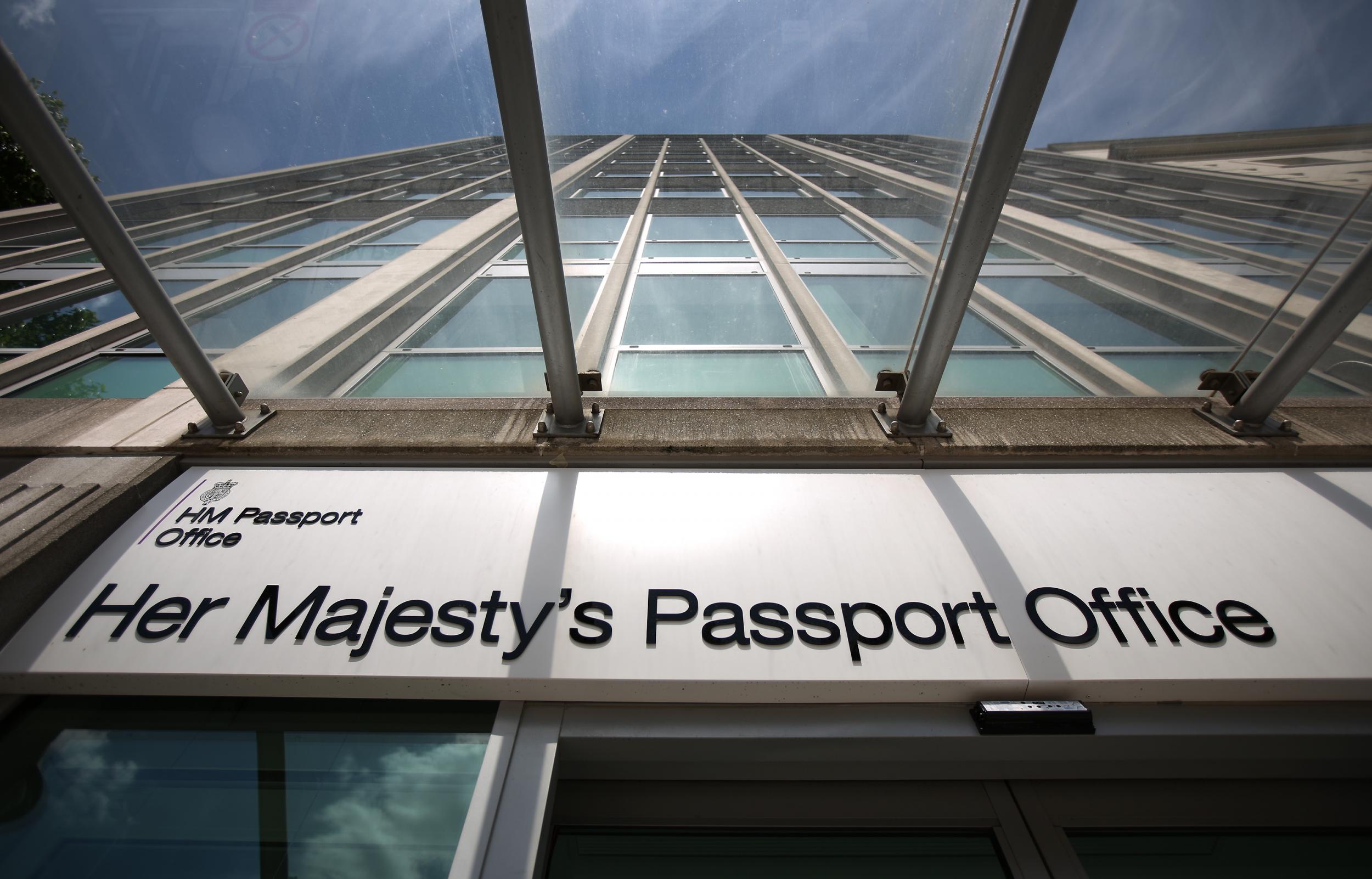
Furious staff at Her Majesty’s Passport Office (HMPO) fear the government could be putting their lives at risk after many were asked to return to work, despite the country still being locked down due to coronavirus.
In what many workers dub a contradiction to official advice urging against all non-essential work and travel, the government has asked up to 2,000 HMPO employees to resume work next week, with 500 people expected to be in offices on any given day, The Independent understands.
A Home Office scientific adviser reportedly told staff in a conference call on Tuesday that they expected 80 per cent of the population would eventually become infected anyway, insisting: “We cannot hide away from it forever.”
Download the new Independent Premium app
Sharing the full story, not just the headlines
An immediate investigation into the comments was called for by the Public and Commercial Services Union (PCS), members of which accused the government of treating staff like “guinea pigs to test herd immunity on” and described the call as “shocking”, “dismissive” and “patronising”.
But the Home Office insisted the meeting made clear that the government’s “priority” is to slow Covid-19’s spread, and said it was adopting social distancing measures at HMPO offices.
PCS has since received dozens of complaints from its members, seen by The Independent, many of whom insist their work is non-essential during a time of significantly limited overseas travel.
One union member warned the Home Office’s “actions are going to kill people”, while another said: “If my family die because you insist I need to come to work before the surge passes (having isolated until now), I will pursue a claim against HMPO [and the] Home Office for negligence.”
According to a transcript of the call seen by the BBC, Home Office deputy scientific adviser Rupert Shute said that while staying at home was important, “we also have to keep functioning our lives”.
“You are no more at risk at the workplace as you would be in your home or at the supermarket. It is about minimising it,” Mr Shute reportedly claimed. “We are working on the assessment that 80 per cent of us, if we haven’t already, will get the virus.
“We cannot hide away from it forever.”
The latest news on Brexit, politics and beyond direct to your inbox
The Home Office adviser’s alleged claims that the government expects 80 per cent of the UK to become infected harkens back to briefings on the benefits of “herd immunity” – a strategy which health secretary Matt Hancock later denied had been official policy.
Those participating in the Tuesday call were also addressed by HMPO’s chief operating officer Myrtle Lloyd, who was on Wednesday appointed the new registrar general for England and Wales.
Ms Myrtle, who is also HMPO’s anti-bullying, harassment and discrimination champion, said government health guidance did not mean that staff “should stay at home instead of delivering critical services”, according to the transcript seen by the BBC.
“What is also critical for us as a business is to have a manageable level of work in the system, so that when we start our recovery we are not overwhelmed by our demands,” she allegedly said.
Workers are thought to be currently dealing with demand relating to the Easter holidays, despite the Foreign and Commonwealth Office urging against all non-essential travel abroad.
One employee told the BBC that staff were happy for a scaled-down workforce to process applications needed for ID purposes, particularly for doctors or nurses.
PCS urged the Home Office to distance itself from Mr Shute’s remarks, and called for an immediate investigation.
“It is absolutely scandalous that HMPO are suggesting our members can go back into work during a pandemic to process routine passports,” said PCS secretary general Mark Serwotka.
“The cavalier approach to our members health and safety is shameful and ultimately puts them in greater danger of contracting Covid-19.
“We have already had members die as a result of contracting coronavirus and pressured civil service managers in other departments to shut offices so staff can work from home.
“For the deputy chief scientific officer at the Home Office to suggest that going into work does not put you at greater risk of contracting coronavirus is extremely irresponsible and totally contradicts current government guidance.
“Processing passports is not critical work while we are in lockdown and international travel is practically non-existent due to the coronavirus pandemic.
The Home Office said in a statement: “Her Majesty’s Passport Office is fully adhering to public health advice across all our offices and adopting social distancing measures to keep both its staff and customers safe.
“It continues to operate at substantially restricted staffing levels with a significant number of people working from home where possible, and staff are prioritising emergency cases. Guidance is also available for people who are travelling into work.
“It was made clear in the meeting that the government’s priority is slowing the spread of coronavirus and we all have a part to play in order to protect the NHS and save lives.”
Home Secretary Priti Patel has been accused of trying to avoid scrutiny during the coronavirus crisis, allegedly ignoring multiple requests to appear before a committee of MPs.
In one of a series of unanswered letters, an apparently concerned Yvette Cooper wrote: “In the face of such serious circumstances, we need to hear from and put questions to Home Office ministers and senior civil servants about the impact of the pandemic on policing, community cohesion, immigration and security operations.”
On Thursday morning, Ms Patel finally hit back, accusing the Labour MP of being “increasingly adversarial” and claiming Ms Cooper had declined an offer of regular briefings with officials and ministers at the Home Office.



